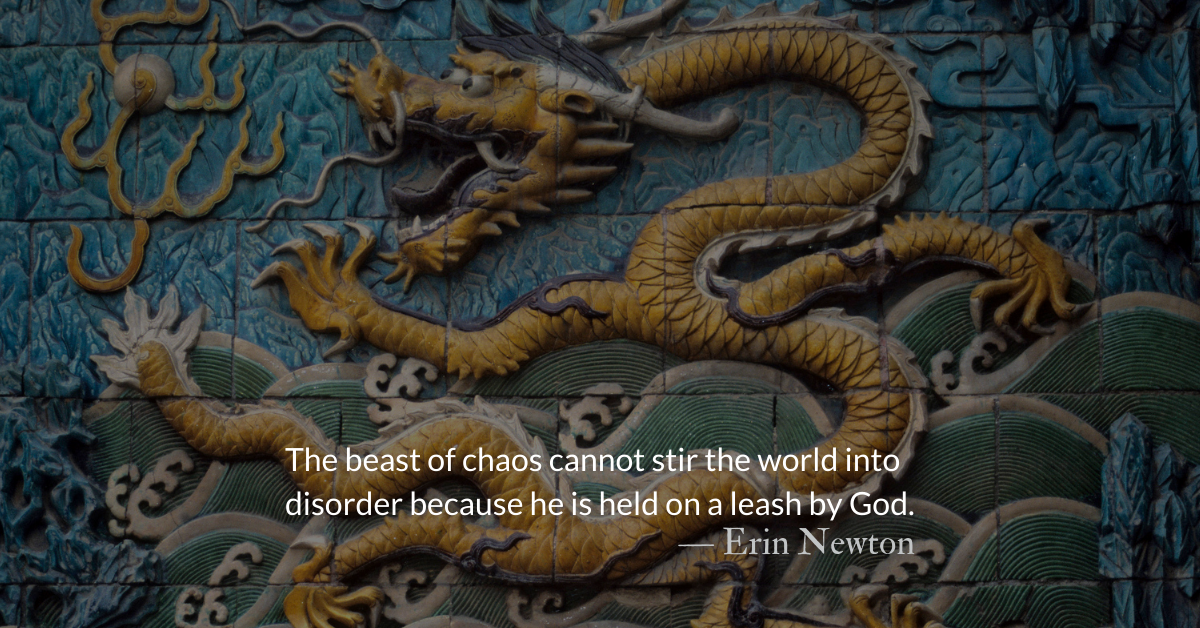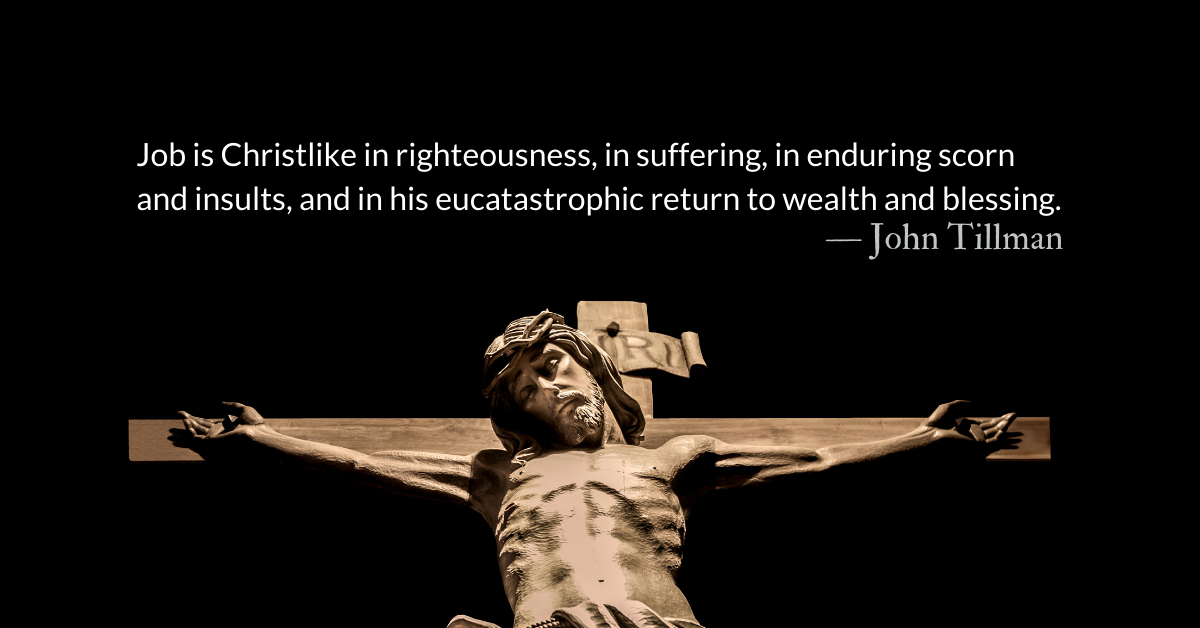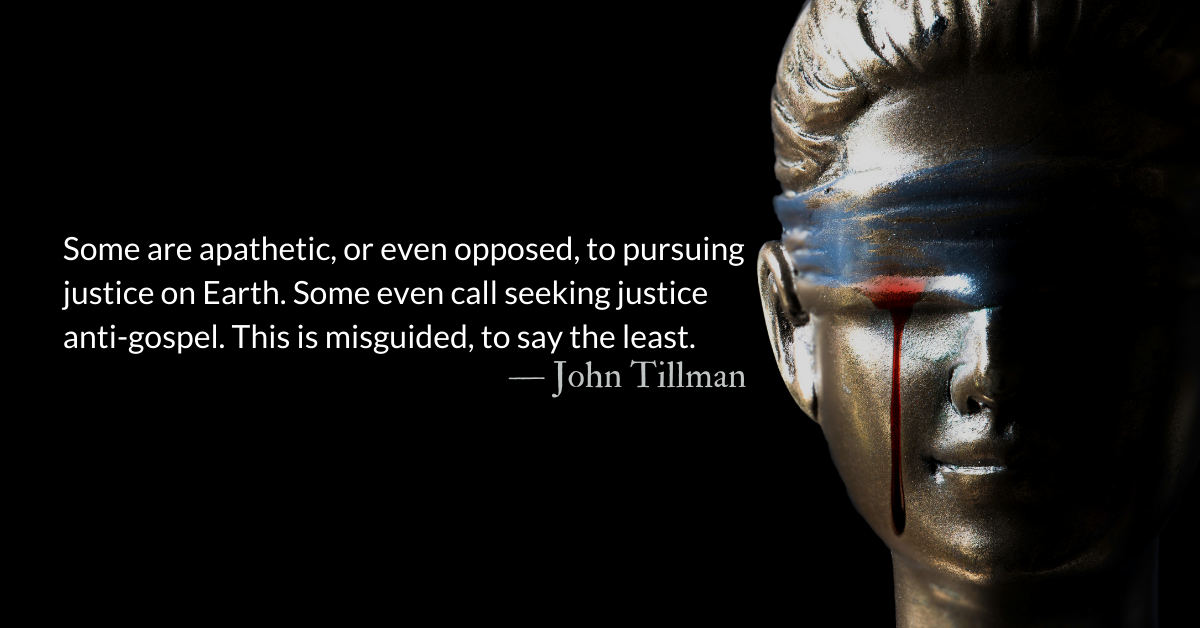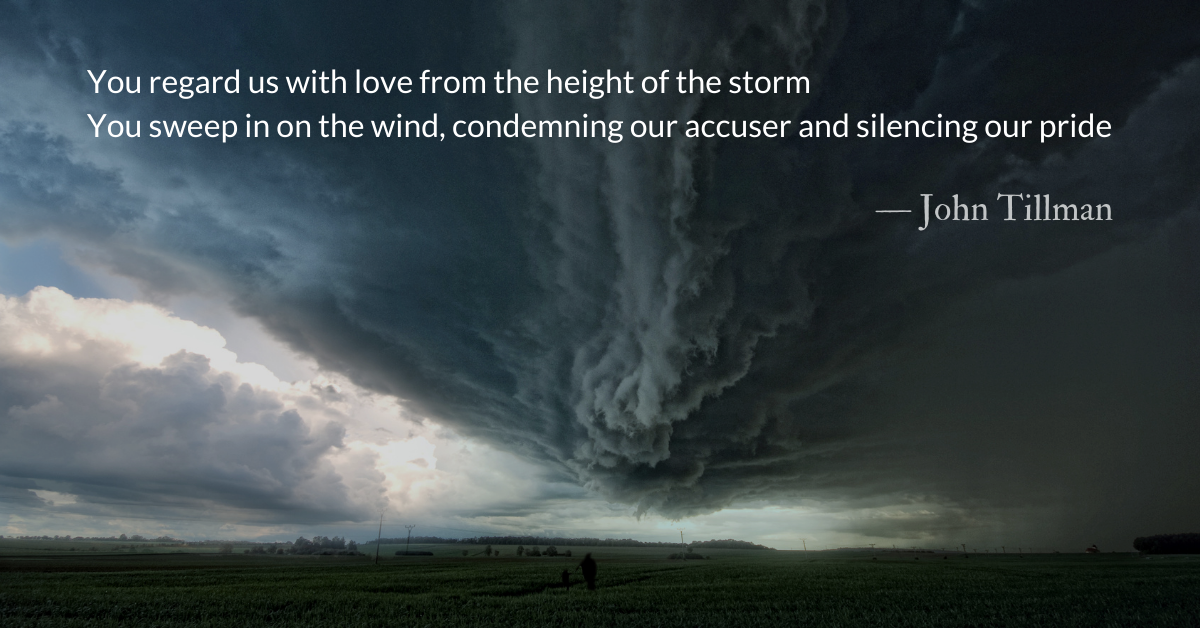Readers’ Choice Month:
This September, The Park Forum is looking back on readers’ selections of our most meaningful and helpful devotionals from the past 12 months. Thank you for your readership. This month is all about hearing from you. Submit a Readers’ Choice post today.
Today’s post was originally published, on February 8, 2022, based on Job 41.1, 33
It was selected by reader, Jaclynn:
“The application that God moves in my heart upon reading this is to purge my home of excess—which I always plan to do but don’t find the courage/passion. May God fill our hearts with courage/passion to trust Him in the chaos and to be used by Him to reflect His peace.
Hearing this word from scripture and being reminded that God has everything in control in the midst of our fear/chaos inspires me to do what I can at home.”
Scripture Focus: Job 41.1, 33
1 Can you pull in Leviathan with a fishhook
or tie down its tongue with a rope? …
33 Nothing on earth is its equal—
a creature without fear.
Reflection: The Struggle against Chaos—Readers’ Choice
By Erin Newton
Chaos seems to be everywhere. Mobs overpowering a building. Countries poised for invasion. Cancer cells riddling a body. Christians tearing down the dignity of another. One of the thoughts we struggle with is the idea that all the events of life are haphazardly occurring, without meaning, spinning out of control.
Job’s life has been a tumultuous journey. His plea that God would hear him has been answered in a whirlwind. A steady inquisition about the creation has rained down. Where were you when…? Do you know how…? Who can do this…? Each question implies that God alone is able and Job is merely mortal. Then two mysterious creatures enter the scene. The land beast, Behemoth, and the sea-loving Leviathan become the conclusion of God’s response.
Leviathan has a coat of armor, a mouth ringed with teeth, snorting and breathing fire, incredibly powerful, and without equal. God warns that if you lay a hand on it, you will remember the struggle and never do it again! Some view this creature as a crocodile. Others prefer to look at the dragon-like features and recognize its mythic characteristics.
This dragon, or sea-serpent, is known as a chaos monster. The use of this imagery is a common ancient feature embodying a world lost in confusion and disarray. It is that which strikes fear in the hearts of people. It is that which threatens the peace, joy, and safety of men and women. For the ancient world around Israel, chaos monsters were those that could kill their deity and send unending famine to the world.
How can God comfort Job by talking about such a beast? How can Leviathan be the answer God gives to someone who suffers?
The rhetorical questions show the superiority and authority of God. The dragon is under the control of God, caught by a hook begging for mercy. It is both created and doomed for destruction (Psalm 104, Isaiah 27). The beast of chaos cannot stir the world into disorder because he is held on a leash by God.
We still feel the effects of chaos in the world. Disorder lurks beneath the surface of our daily lives. But there is hope: “We are hard-pressed on every side, but not crushed; perplexed, but not in despair; persecuted, but not abandoned; struck down, but not destroyed.” (2 Cor 4.8-9). No purpose of God’s can be thwarted.
Divine Hours Prayer: The Request for Presence
Early in the morning I cry out to you, for in your word is my trust.— Psalm 119.147
– From The Divine Hours: Prayers for Summertime by Phyllis Tickle.
Today’s Readings
Jeremiah 47(Listen 1:21)
2 Corinthians 6 (Listen 2:31)
Readers’ Choice is Here!
We love hearing your recommended posts from the last 12 months. Which one helped you face fears?
Read more about Anxious Nights Between Destruction and Chaos
From the chaos of the sea and the wilderness wind, God brings order and a highway to salvation.










